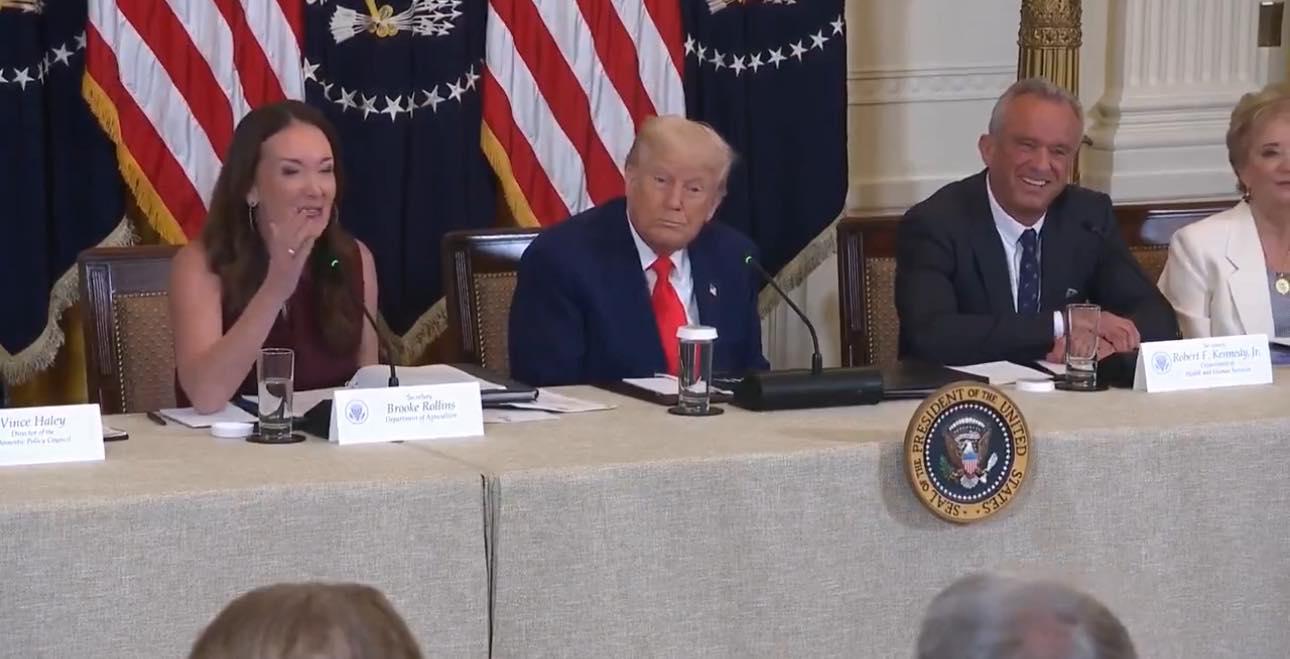The Trump administration is making waves with a bold move to overhaul the Supplemental Nutrition Assistance Program (SNAP), as Agriculture Secretary Brooke Rollins announced on May 23, 2025, at 10:14 AM +07. Rollins revealed that the administration is set to sign multiple waivers banning the use of food stamps for processed foods, specifically targeting junk food and sugary drinks. She highlighted the signing of the first waiver with Nebraska Governor Pillen on Monday, followed by a second with Indiana Governor Braun and a third with Iowa Governor Kim Reynolds, all within the past hour. Rollins emphasized that “a half a dozen more” waivers are in the pipeline, marking a historic shift that has never occurred under previous Republican or Democratic administrations.

This initiative ties into the “Make America Healthy Again” (MAHA) agenda, co-led by Rollins and Health and Human Services Secretary Robert F. Kennedy Jr., who have both vocally supported removing unhealthy options from SNAP. The move aims to redirect the nearly $113 billion program—serving 42 million Americans—toward healthier choices, addressing concerns about chronic health issues like obesity and diabetes linked to ultra-processed foods. Rollins expressed pride in this policy, crediting President Trump’s leadership for enabling a change that previous administrations avoided.

However, the policy faces challenges. SNAP, governed by the USDA and the 2008 Food and Nutrition Act, currently allows purchases of “any food or food product intended for human consumption” except alcohol, tobacco, and hot foods, requiring Congressional action or state waivers for restrictions. Past attempts to limit purchases, including under the first Trump term, were rejected due to administrative complexity and opposition from food industries and anti-poverty groups. Critics argue that banning junk food could disproportionately affect low-income families in food deserts, where healthy options are scarce, and question whether it will truly improve health outcomes or just shift costs to personal budgets.
The rapid rollout of waivers—unprecedented in scope—suggests strong administrative intent, but its success hinges on state cooperation and public reception. With states like Arkansas, Idaho, and now Indiana and Iowa joining, the policy could reshape nutrition assistance, though debates about feasibility, equity, and industry pushback are intensifying. Whether this marks a turning point in public health or a contentious overreach remains to be seen as more waivers are processed.






